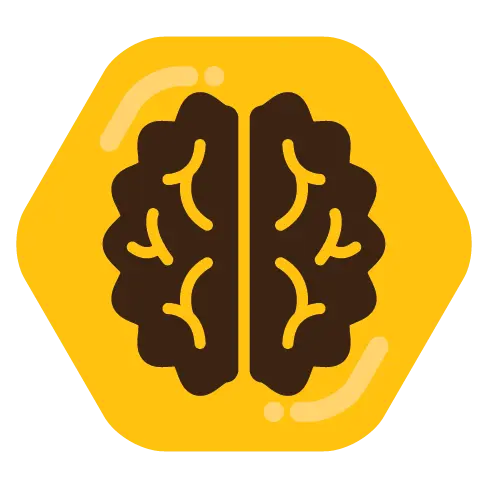Not enough people talk about the biggest privilege neurotypicals have in academia; the ability to network with their classmates easily so they can stay on top of all important details that are so easy to miss in lectures. #actuallyautistic @autismsupsoc @autisticbookclub @neurodivergence @neurodiverso


That’s an advantage, not a privilege. Being good at something isn’t the same as having special rights. For any given skill there will always be people who are good at it and others who aren’t.
There are also fields where people with an ASD seem to have an advantage over neurotypicals. For example, the STEM major rate for young adults with an ASD is significantly higher than that of the general population, as this paper found: https://link.springer.com/article/10.1007/s10803-012-1700-z
Being good at passing exams (“majoring”) is just the first stage, continuing in the topic as a career depends more on networking skills.
@Lemvi Only some autistic people have a gift in STEM. ALL autistic people struggle connecting with neurotypical peers. My point is that large universities are set up to almost REQUIRE students to have these skills, while those who do not are left to sink. Some autistics can still perform well despite this, but not all of them have that superpower. I barely passed my classes and never felt more discouraged in my life. I deserved a better experience.
I am sorry about your experiences, and I agree that your condition puts you at a disadvantage.
But I disagree that neurotypical students have a privilege in this regard. What you are describing is an issue you will be facing everywhere, not just at university. Being able to socialize is a valuable skill in almost every setting, because humans are social animals, and many things in society revolve around personal relationships. Much of your later career will depend on who you know, and how much your (potential) bosses like you.
We should try to make things more accessible, but ultimately what puts you at a disadvantage isn’t so much a rigged system, as your condition itself.
To draw a parallel: Blind people are at an extreme disadvantage, and we should try to make things as accessible to them as we can. But in the end humans are visual beings, many things in society will naturally revolve around sight. A society in which blind people are at no disadvantage whatsoever is just not feasable, because in the end they just have one ability less than everyone else.
Or another, more personal one: I suffer from migraines. Each month I spend 2-4 days in bed in pain and vomitting. It would be nice if that didn’t put me at a disadvantage, but I don’t see how that would work. I too believe that I “deserved a better experience”, but the fault lies with my condition, not people not accomodating for it enough.
Privilege is an advantage that is intrinsic to an identity in a given context (e.g. a white male in America), so I think that perhaps calling this a privilege somewhat belies the extreme difficulty that many neurotypical people also experience with personal communication and networking.
I think that this is possibly just our society’s favoring of extroversion. Anecdotally, my extroverted best friend, who had ADHD, was much better at networking (and got much better grades) than I ever could be/do.
@t3rmit3 there definitely is favoritism towards extroverts, but being autistic still takes off lots of points no matter how sociable they are. Neurotypical introverts don’t typically experience the same level of rejection that autistics do. ADHDers are more accepted than autistics; it is so common that it is not always seen as a real disability.
I’m not even that introverted. I just won’t mask. For many young people unfortunately, that is a reason they won’t even give me a chance.